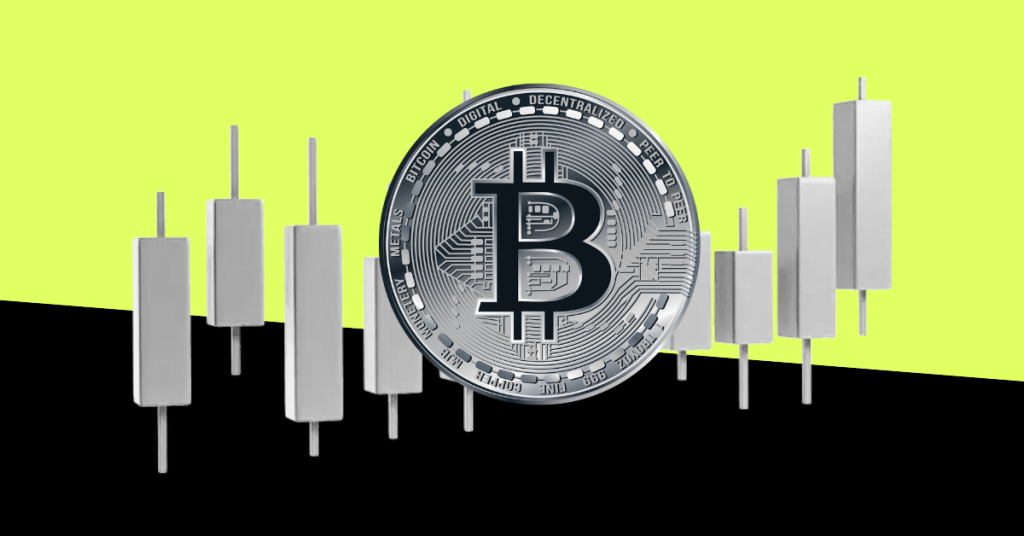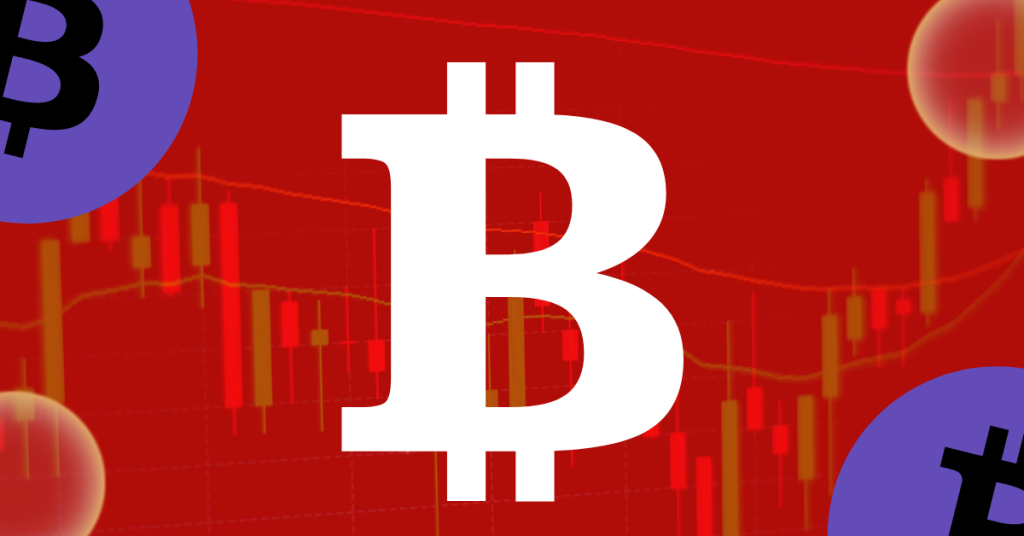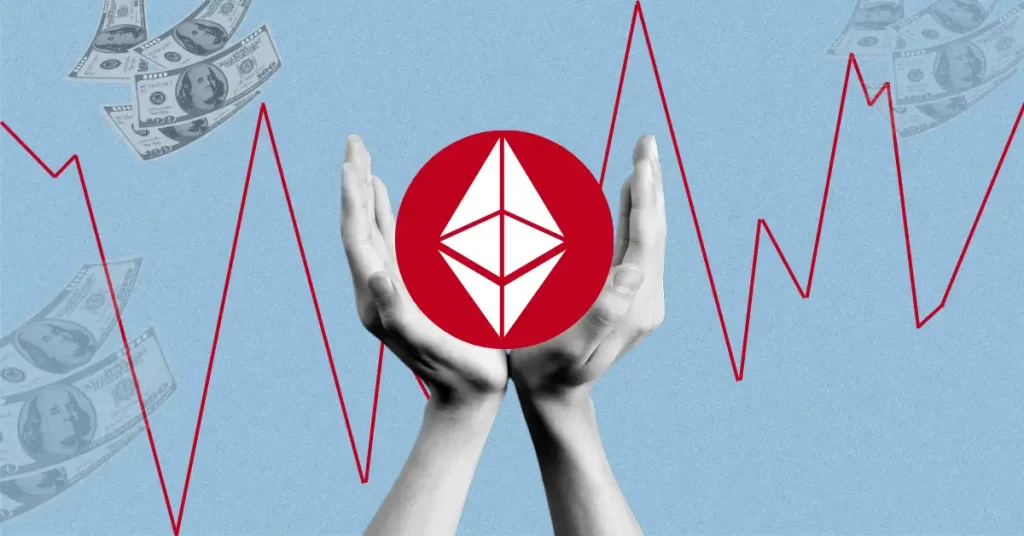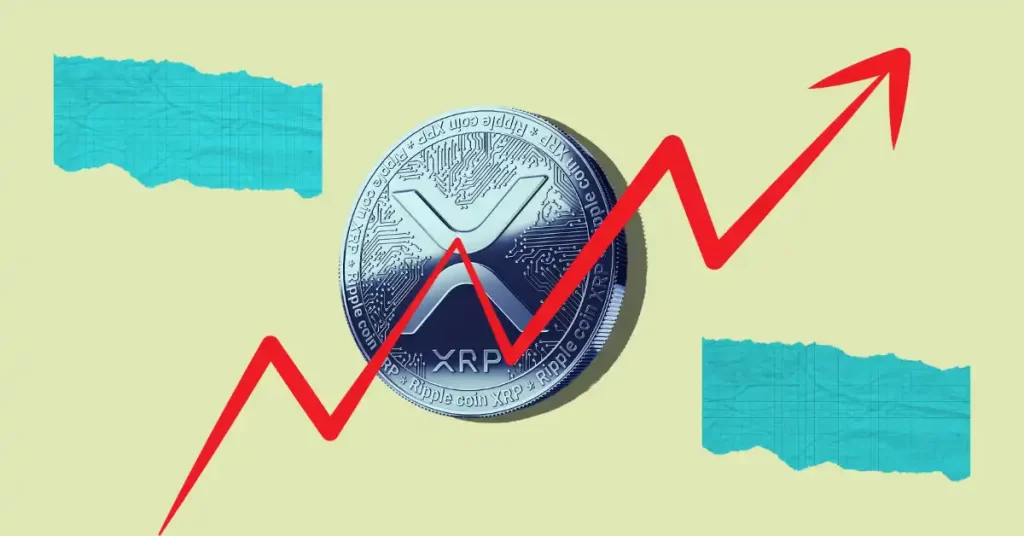Summary Recent coverage of Coinbase has centered almost entirely on its dispute with the SEC. We explore in this article whether or not Coinbase operates a quality business outside of its regulatory woes. We think there are major problems at the company that would keep us away even if the SEC wasn't in the picture. Background If the principal aim of Coinbase ( COIN ) executives were to avoid a high public profile, the past few weeks would be considered an abysmal failure. Coinbase has dominated headlines over the past several months with its vocal and aggressive engagement with the Securities and Exchange Commission [SEC] and the subsequent Wells notice that was delivered by the SEC to the company. The subsequent media circus surrounding Coinbase has generated some wildly heated debate amongst crypto skeptics and proponents alike--so much so that we believe that the question of whether Coinbase operates a quality business worthy of investment at all has been largely relegated to second place. We also believe that it is difficult for investors to find a dispassionate analysis of the company, since proponents and detractors of cryptocurrency often argue for or against Coinbase based on their view of crypto more broadly rather than on the merits of Coinbase as a business. In this article we'll attempt to do just that. Let's dive in. The Business Coinbase operates an online cryptocurrency exchange where profits are earned on a commission taken from customers for each trade executed, or through the company's subscription service, Coinbase One, where customers pay a monthly fee to trade up to a certain amount. Customers can do more than simply trade on the Coinbase platform. They can store their assets on the platform for free, and they can also engage in staking, which is essentially pledging one's assets in return for yield (Coinbase does a commission on all staking rewards received). The exchange business is very old and quite complex, but the basics are simple: exchanges can model their revenue as they like, taking either a flat fee per trade or a percentage of the amount of each trade. Coinbase takes the latter approach, charging a 1% fee for each trade made (meaning 2% per round trip) under $10,000, with the amount charged sliding down as trade amounts increase. Show Me The Money Coinbase's revenue, then, is highly dependent on two things: The price of various crypto assets, and Trading volume on its platform. Let's start with volume. According to crypto market data aggregator Coingecko , roughly 40% of Coinbase's transaction volume is in Bitcoin, with Ethereum coming in a distant second at 18%. Investors should know, then, how reliant Coinbase's earnings are on the price and trading volume of Bitcoin. This is why the collapse of FTX was such a drain on the company. As trust eroded throughout the crypto exchange ecosystem, volumes understandably decreased. Of course, crypto bulls have espoused that this fall in trading volumes is, at worse, a blip on the radar. Even on the latest conference call Coinbase CEO Brian Armstrong was touting an oft-quoted figure in the crypto world, that about 20% of American households have utilized or use crypto in some form, with the implication explicitly being that American adoption of crypto is expanding. It is surprising, then, that crypto trading volumes on Coinbase have been roughly flat to slightly down over the past year. Coingecko, accessed March 2, 2023 Looking back over the past year, trading volumes until November 2022 routinely come close to or pushed through the $2.5 billion mark. Since December 2022, only four trading days surpassed $2.5 billion traded on the Coinbase platform (January 12, January 14, March 13, and March 14). Regardless, the volume trend for Coinbase's exchange trade volume is, at best, flat, which is... not bullish. Coinbase's own disclosures in its 10K paint, arguably, an even worse picture of volume deterioration (keep in mind the Coingecko chart paints a picture of volumes up until May 2023, while the table below displays Coinbase data for the year ending 2022). Company Filings While verified users on the platform were up by 24% year over year, monthly transacting users (a measurement of overall user engagement with the platform), fell by 26%. Trading volume year over year was even worse, falling by 50%. Of course, the dollar volume traded is only part of the equation--the performance of the assets being traded matters, too. Unfortunately for Coinbase, the assets with the heaviest trading volumes on its platforms have had pretty negative years. Koyfin Excluding Tether (which seeks to maintain a 1:1 relationship with the dollar), only Litecoin (generally less than 5% of Coinbase's exchange volume) has turned in a positive trailing twelve months of performance, appreciating by 20%. Bitcoin, despite a rally in mid-2022, is down 27% on a TTM basis, with Ethereum down 32%. Solana and Dogecoin (each less than 5% of Coinbase's average exchange volume) are down 75% and 41%, respectively. The fact that prices are down is important, as it can have a chilling effect on potential investors and traders who may not be true crypto believers. Stock Based Compensation & A New Lawsuit This dissipation of trading volume and traded asset prices has taken a financial toll on Coinbase. Revenue for the fourth quarter came in at only $604 million, compared with $2.4 billion in the fourth quarter of 2021. Shockingly, stock-based compensation has continued to climb at the company. Koyfin The above chart illustrates quarterly revenue (green bars) and stock based compensation (red bars) on a quarterly basis. Despite revenue falling off a cliff for the past three quarters, stock compensation has steadily risen-- reaching 71% of revenues in the fourth quarter. Of course Coinbase is no stranger to controversy when it comes to rewarding employees with stock--it was only today that a major, $1 billion lawsuit was dropped against the company alleging that executives and board members dumped shares ahead of Coinbase's direct listing, avoiding taking a share in the losses that followed said listing. The Bottom Line In this article we have avoided weighing in on Coinbase's ongoing dispute with the SEC, as there are plenty of good articles out there which opine on that issue. Our primary aim, instead, is to evaluate Coinbase's business model and its potential prospects. We caution investors against evaluating a business such as Coinbase through an emotional lens, or a lens of what one hopes for Coinbase to be--a vehicle to upend traditional finance, a world-changing company, et cetera. After all, if Coinbase proves to be those things, then in time the company will perform and there will likely to time to invest once things turn around. Today, however, does not appear to be that day. Since the company's exchange business shows clear deterioration, its traded assets are largely declining in value as of this writing, company insiders are actively rewarding themselves with what we consider to be exorbitant amounts of stock based compensation when compared to revenue, and the company appears to be under pressure from a new, large, serious lawsuit (oh, and we haven't even mentioned the SEC), we believe that investors should be aware of all the risks before buying into Coinbase at this time--if at all.
















